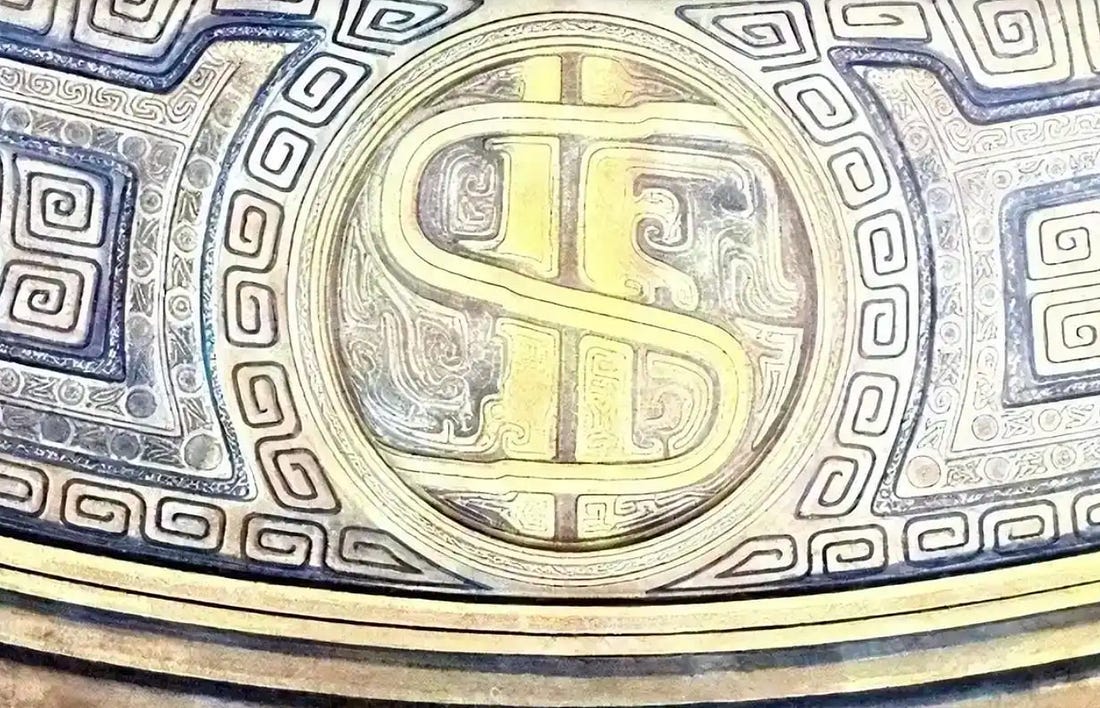a reposting from:
The China Academy and Ivy Zhiyu Wang
Mar 13. 2025
Since last month, two pop culture figures have come to preoccupy Chinese public sentiment, one from real life and one from fiction, one celebrated for a belated rebirth and one mourned for a premature passing. While Nezha, the defiant character from classic Chinese legends, enjoyed a renaissance thanks to the move "Nezha 2" , Barbie Hsu (徐熙媛) shocked the Chinese social media with the news of her sudden passing at the age of 48. The success of a movie and the passing of a celebrity might seem quite mundane at first glance, but it’s not everyday that public opinion gets not only embroiled but split across all Chinese-speaking communities. Put simply, people are wondering: when both Nezha and Barbie Hsu (徐熙媛) are lauded by their fans for their uncompromising and fearless personality, who are the “villains” standing in their way?
First, the blockbuster "Nezha 2" whose box office has exceeded 12 Billion RMB, ranking 9th in global film history. Fans of "Nezha 2" see it as the culmination of a series of movies affirming China’s resurgence and ambition, a grand finale to patriotic movies such as "Wolf Warrior 2" (2017), "The Wandering Earth" (2019), and its sequel "The Wandering Earth 2" (2023). An outpouring of analysis on even the most minute detail of the movie can be found across Chinese social media, often portraying them as symbols of defiance towards the US. Though neither confirmed nor denied by the director, the “villain” in the movie, a cunning old figure who wishes to vanquish all challenging powers, is now perceived by the fans as an explicit representation of the US. His belt cauldron is seen as bearing a dollar sign, and his mansion is thought to evoke the image of the Pentagon. Where people simply see it as a retelling of a classic story, heated debates arise.
Now moving on to Barbie Hsu (徐熙媛) , a Taiwanese actress whose role in the television series "Meteor Garden" (2001–2002) made her a household name in the Chinese-speaking world in the pre-internet era. She was also a highly quotable figure, known for her outspokenness on issues such as gender roles in families and societies. She remained active in the entertainment industry through acting and hosting until she was married to a well-off businessman from mainland China.
Their marriage ended in a myriad of scandals involving alleged cheating, debt and domestic violence. Both sides “showed their tickets” through the media and each gained staunch supporters as a result. How could they not? This is a story where all elements can be found. It can be the story where a separatist Taiwanese actress amassed wealth through marriage, or a cautionary tale for women, where the husband not only usurped his actress wife’s fame but also manipulated public opinion by slandering the wife as a separatist, knowing that it would enrage mainland netizens. Where did Barbie Hsu (徐熙媛) stand on national reunion and feminism? The debate reached its peak at her abrupt death.
Both Nezha and Barbie Hsu (徐熙媛) can be said to have left an indelible mark on the Chinese culture. Or, we could argue that their immense fame are a precise reflection of where the Chinese society positions itself today — a society deeply concerned with its global position, cultural renaissance, and the various trends that come with modernity, such as feminism.





